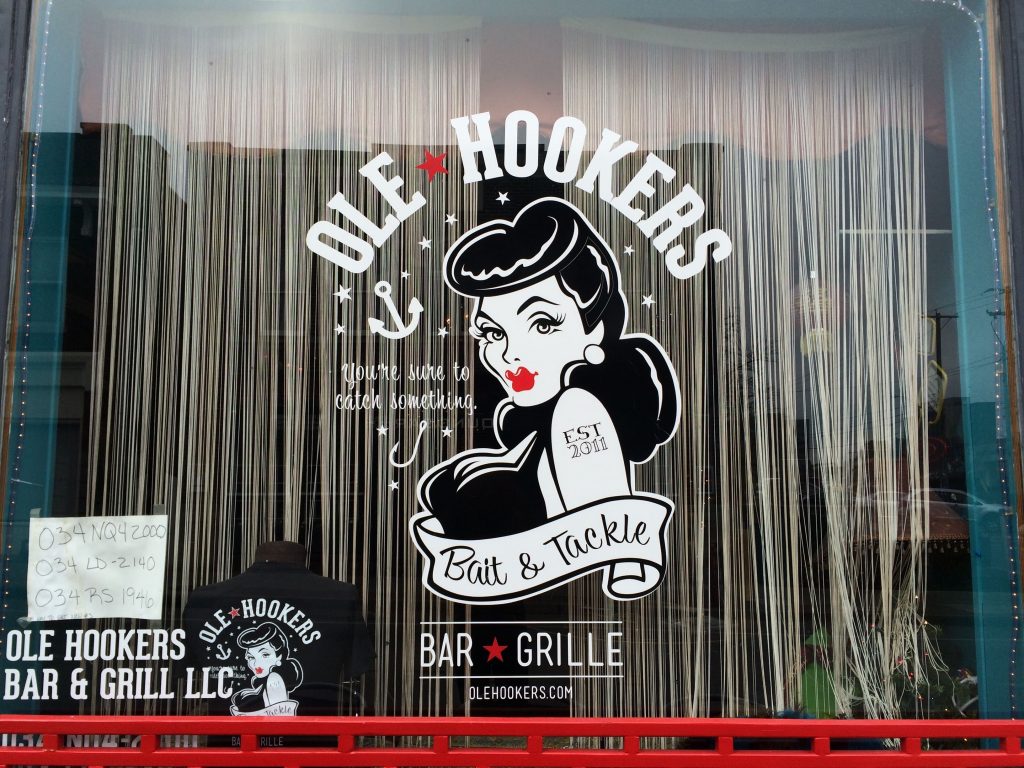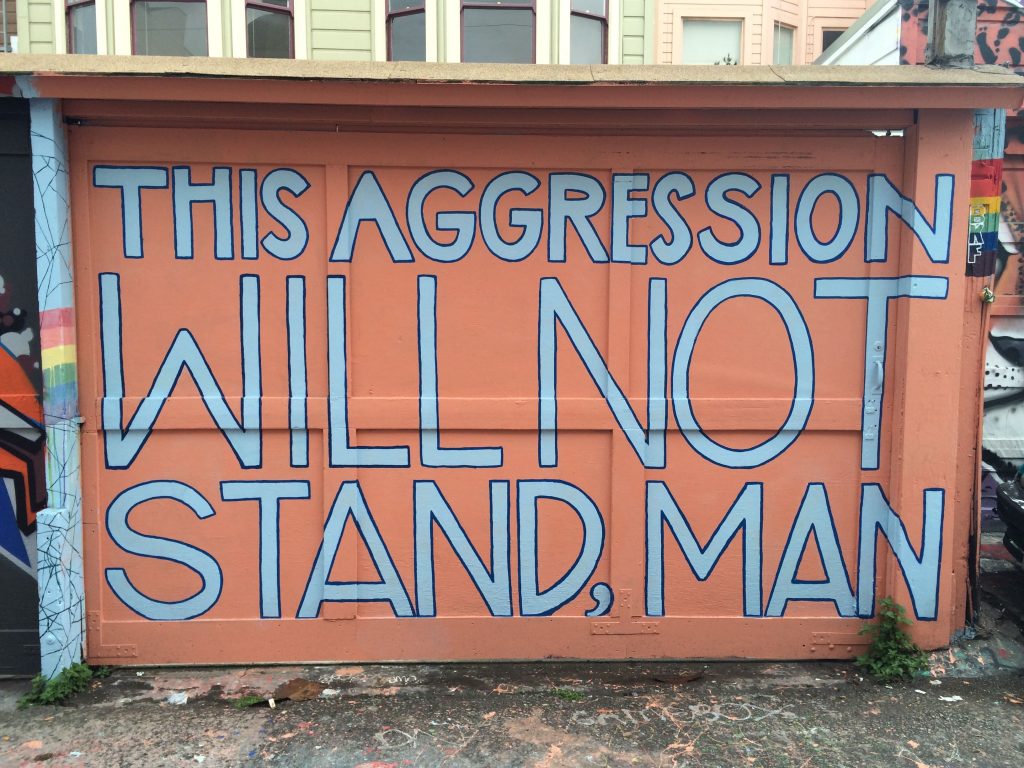Hello, my name is Jocelyn and I’m a taskaholic. It’s been 14 hours since I wrote my last checklist. Even when I don’t have a list in front of me, I spend a lot of time mentally planning and checking off boxes. I’ve found that this behavior has turned even what I enjoy—including writing this blog—into a chore to be completed. I also find it difficult to be present when I’m always mentally planning three or ten steps ahead.
Hi Jocelyn…

Since I can remember, I’ve strived to optimize my time. I’ve been using Moleskine Weekly Notebooks for nearly 10 years. Every working day, I write a lengthy checklist of what I want to accomplish. This habit has served me well, keeping me organized and on-track in both my professional and personal lives. Since I work from home, I’m able to alternate my assignments and errands, punctuating the most labor-intensive endeavors (creating a 2020 content calendar) with less-demanding work (writing a letter to my grandparents).
I notice this tendency even when I’m away from my desk—a constant Mental Planner that applauds me for a day well-executed and rebukes me for suboptimal performance.
For example, I live in a bike-friendly small city and I try and minimize how often I drive. If I set out to go to the dentist, my Planner ensures I make the most of the trip. It reminds me that I have clothes to donate to St. Vinnie’s; a birthday gift to pick up from Passionflower; and a leather purse to retrieve from the repair shop. I’ll set out in my car, optimize my route, and realize I forgot to grab a package for the post office. Dammnit. Despite the relative success of the day—dentist appointment attended, clothes donated, birthday gift purchased, leather purse retrieved—I’ll feel a twinge of regret that I didn’t score 100 percent on today’s drive.
My Mental Planner even lords over trips up and down my house’s stairs, making me more efficient. Full hands up (toilet paper refills, my new canvas and paints), full hands down (empty glasses, fresh dishtowels, the letter I wrote for my grandparents). Again, I’ll suffer a mild internal rebuke if I forget one of these items, even if it “throws off my day” by less than a minute.
Is this a mundane mental illness—the constant configuring and optimizing of everything I do? Or is it a product of an educational system and country that values me for my ability to be productive?

In American culture, being productive is considered paramount to all other qualities. We are workers first, humans next. The success of the U.S. is measured by its economic growth, employment figures, inflation rates, stock indexes, and other metrics that reduce citizens to their ability to make money. We may hear murmurs about public health and quality of life, but these are eclipsed by financial considerations.
By illustration, our public education system is designed to build future workers. My mother and other school teachers have confirmed this. Common Core Standards and “No Child Left Behind” were drafted not to create civic-minded, well-rounded individuals, but rather to churn out a productive and unquestioning citizenry. Math, science, reading, and patriotism are the foundations of future cogs in our economic wheel. Art, music, civics, philosophy, and other courses have all but disappeared in cash-strapped schools across the country.
I was the valedictorian of my high school class. This didn’t mean that I was brilliant; this meant I was the most disciplined, the most obedient. I organized my time well and deferred gratification to do exactly what my teachers asked of me. Kids smarter than I was tended to color outside the lines because that’s what it takes to be extraordinary.
This emphasis on American productivity may have an even darker component. Some argue that the conservative push to control women’s reproduction is to create more fodder for the economy. Cynics in right-wing think tanks are looking at China’s large supply of disposable workers and realizing that our birth-rates just aren’t going to cut it. What better way to make more disenfranchised proles than forcing women to give birth to as many unwanted babies as possible?
And consider this: the social safety net—a given in most industrialized countries—is one of the most controversial issues in our society. Needing help just doesn’t jive with the American mindset. Here, you’re either financially independent or you’re ashamed, no matter what life throws at you. This is especially brutal considering that between 500,000 and 1,000,000 Americans go bankrupt every year due to medical issues—not to mention the skyrocketing costs of higher education and housing, two of our basic necessities.
Being a chronic taskmaster has its upsides, sure: I am a productive person because I set clear daily, weekly, monthly, and yearly goals. But as I mentioned before, this nagging orientation toward planning also can turn enjoyable tasks into chores. In other words, by reducing my hobbies—blogging, painting, reading, hiking, spending time with friends—to items on my checklist, everything begins to feel like work.
This has some basis in psych research as well. My social psychology professor taught me that if a child likes doing a chore—let’s say she enjoys vacuuming—it would be very unwise to pay her. Because she is fond of vacuuming, she makes an internal attribution to justify her behavior (i.e., she does it because she likes it). If she begins to receive money for the same chore, she begins to make an external attribution. So when she subconsciously processes her reasons for vacuuming, she sees that she does it for the money, which dilutes her internal enjoyment of the task.
To avoid making everything feel like work, I’m learning to control that tyrannical Mental Planner and stop being so hard on myself. Despite my American upbringing, life is not a productivity competition or a race. It’s more of a steady hike up a tall mountain with incremental gains and occasional setbacks. I might sprain my ankle, but it will heal with time and patience.

And on that mountain—with its gorgeous vistas and valleys, false summits and winding trails—I’ll acknowledge the fault-finding Mental Planner, let her pass by, and just feel present. Because in the immortal words of Ferris Bueller, “If I don’t stop and look around once in a while, I might miss it.”










